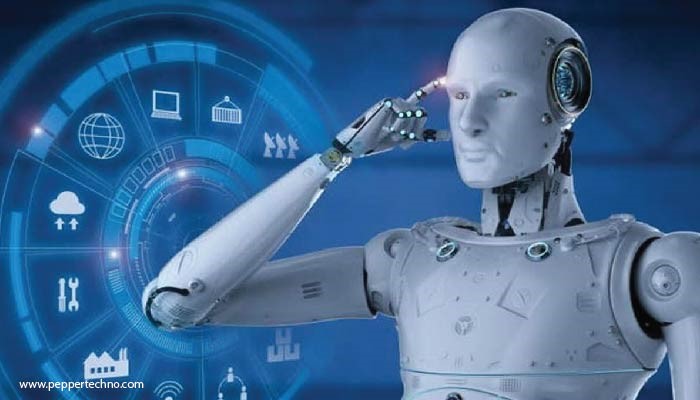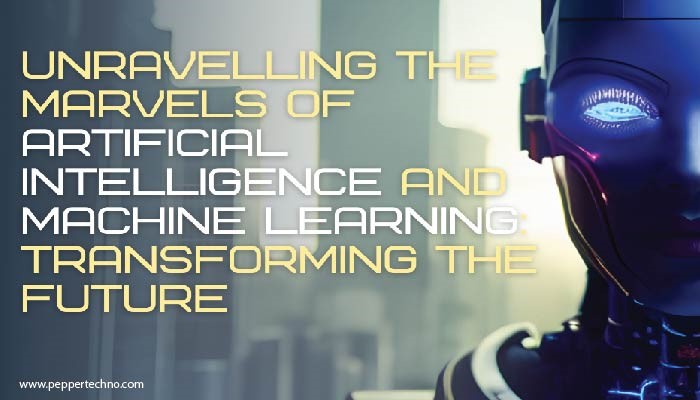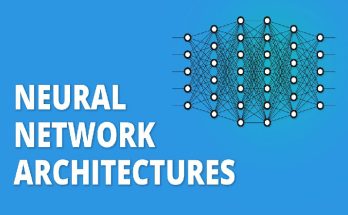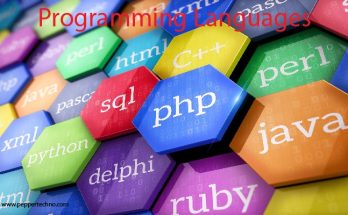Unraveling the Marvels of Machine Learning and Artificial Intelligence
We will discuss about Unraveling the Marvels of Machine Learning and Artificial Intelligence. In the ever-evolving landscape of technology, two terms that have gained significant prominence are Machine Learning (ML) and Artificial Intelligence (AI). These cutting-edge fields have revolutionized the way we interact with technology, bringing about unprecedented advancements across various industries. This article aims to delve into the intricacies of ML and AI, exploring their definitions, applications, and the transformative impact they have on our world.

Defining Machine Learning and Artificial Intelligence
Machine Learning: The Engine of Autonomy
Machine Learning is a subset of Artificial Intelligence that focuses on creating systems capable of learning and improving from experience. Unlike traditional programming, where explicit instructions are provided, ML algorithms enable machines to learn patterns and make decisions based on data. The key feature of ML is its ability to adapt and evolve without explicit programming, making it a powerful tool in various domains.
Artificial Intelligence: The Quest for Intelligent Machines
Artificial Intelligence, on the other hand, is a broader concept that encompasses the creation of intelligent machines capable of mimicking human-like cognitive functions. AI strives to build systems that can perform tasks that typically require human intelligence, such as problem-solving, understanding natural language, and recognizing patterns. Machine Learning serves as a crucial component within the realm of AI, enabling machines to enhance their intelligence through iterative learning processes.
Applications of Machine Learning and Artificial Intelligence
Predictive Analytics: Anticipating the Future with ML
One of the primary applications of ML is predictive analytics. By analyzing historical data, ML algorithms can identify patterns and trends, allowing businesses to make informed predictions about future outcomes. This has far-reaching implications across industries, from finance and healthcare to marketing and manufacturing. For instance, in finance, ML algorithms analyze market trends to predict stock prices, while in health care, they assist in disease diagnosis and prognosis.
Natural Language Processing: Bridging the Gap between Humans and Machines
ML algorithms within NLP facilitate language translation, sentiment analysis, and chat bot interactions. Virtual assistants like Siri and Alexa exemplify the integration of NLP, showcasing how machines can comprehend and respond to natural language, enhancing user experience and accessibility.
Computer Vision: Unleashing the Power of Visual Data
ML and AI have made significant strides in the realm of computer vision, enabling machines to interpret and make decisions based on visual data. This has numerous applications, including facial recognition, object detection, and autonomous vehicles. In healthcare, computer vision assists in medical image analysis, aiding in the early detection of diseases, while in retail, it powers cashier-less checkout systems.
Impact on Industries
Healthcare: Revolutionizing Patient Care with AI
The healthcare industry has witnessed a transformative impact with the integration of ML and AI. From personalized medicine and drug discovery to predictive analytics for patient outcomes, these technologies enhance efficiency and accuracy in diagnostics and treatment. AI-powered robotic surgery and wearable devices that monitor health parameters exemplify the convergence of technology and healthcare, promising a more personalized and effective patient care experience.
Finance: Smart Investments and Fraud Detection
In the financial sector, ML and AI play a pivotal role in portfolio management, risk assessment, and fraud detection. Algorithmic trading, driven by ML models analyzing market data, has become a standard practice. Moreover, AI-powered fraud detection systems scrutinize transactions in real-time, identifying and preventing fraudulent activities. These technologies not only streamline financial processes but also bolster security measures, ensuring the integrity of financial systems.
Challenges and Ethical Considerations
Data Privacy and Security: Balancing Progress with Responsibility
The proliferation of ML and AI raises concerns about data privacy and security. As these technologies rely heavily on vast amounts of data, ensuring the responsible and ethical use of this information is paramount. Striking a balance between technological advancements and safeguarding individuals’ privacy requires robust regulations and ethical frameworks to guide the development and deployment of ML and AI systems.
Bias and Fairness: Navigating the Pitfalls of Algorithmic Decision-Making
Another challenge is the inherent bias that can be present in ML algorithms. These biases, often reflective of historical data, can lead to unfair and discriminatory outcomes. Addressing bias in AI systems requires a concerted effort to develop inclusive and diverse datasets, along with continuous monitoring and adjustment of algorithms to ensure fairness. Ethical considerations in AI development are crucial to building systems that benefit all segments of society.
Future Prospects and Concluding Remarks
As Machine Learning and Artificial Intelligence continue to advance, their integration into various facets of our lives is inevitable. The future holds the promise of even more sophisticated applications, from fully autonomous vehicles to AI-powered medical breakthroughs. However, with these advancements comes the responsibility to navigate ethical considerations, ensuring that the benefits of technology are accessible to all while mitigating potential risks.
Conclusion:
Machine Learning and Artificial Intelligence represent a paradigm shift in the way we approach technology. These fields not only propel innovation but also pose challenges that require careful consideration. As we continue to embrace the marvels of ML and AI, it is imperative to foster a collaborative and responsible approach, shaping a future where intelligent machines coexist harmoniously with human ingenuity.



